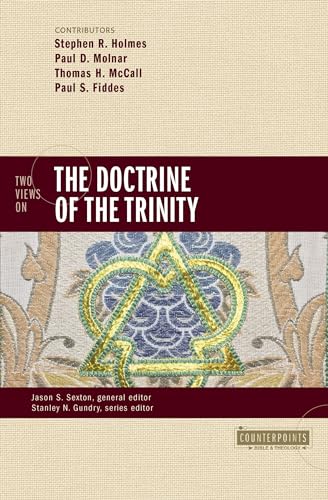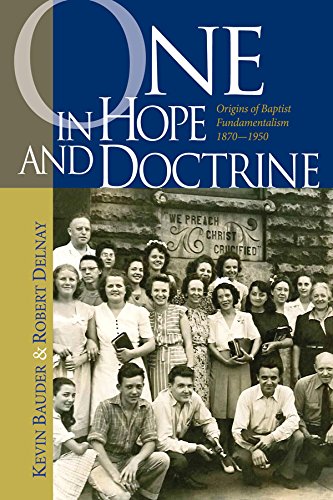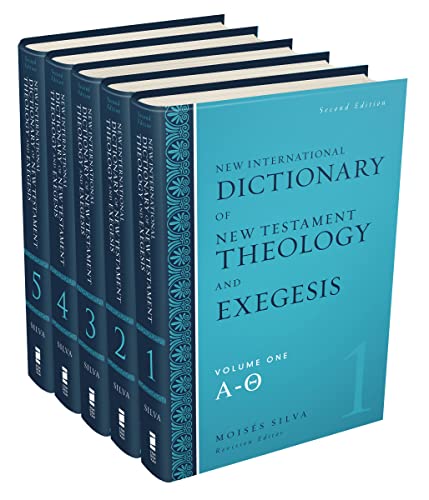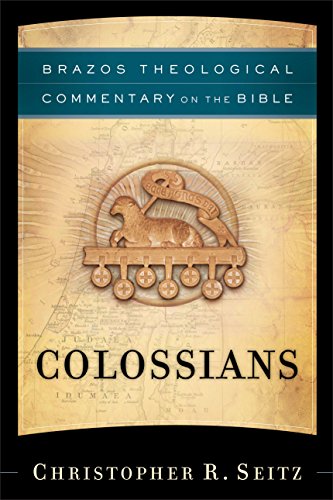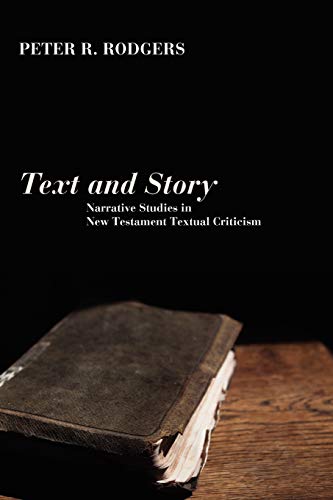Scholarship: Two Convocation Addresses on University Life
Written by Abraham Kuyper Reviewed By Robert CovoloTwo small volumes have recently been released that address the subject of Christian scholarship. The first volume is by Dutch Reformed theologian and statesman Abraham Kuyper (1837–1920) and consists of two recently translated addresses he delivered for convocation ceremonies at the turn of the twentieth century. The second volume is written by one of Kuyper’s leading contemporary proponents: Dutch-American philosopher and evangelical statesman Richard Mouw. In Called to the Life of the Mind, a senior evangelical scholar offers advice to other (presumably junior) evangelical scholars. Given both volumes come from the “Kuyperian strain,” comparing them is not entirely unlike a science experiment. Will two Kuyperian volumes on Christian scholarship originating from different occasion on two different continents and separated over a hundred years retain common traits? Do they reveal an enduring propensity regarding Christian scholarship? Answering these questions requires a closer examination.
Our first “specimen” is two speeches Abraham Kuyper delivered to the fledgling Free University during convocation ceremonies in 1899 and 1900. With around a hundred students and a handful of professors on hand, on behalf of the administration Kuyper addresses the incoming students as budding Christian scholars. A central theme guiding Kuyper is his concept of scholarship as a distinct sphere (“the res publica litterarum, the entire republic of letters,” p. 3). This sphere—manifested in the university yet transcending the university—maintains its own culture, rules, and aims. Its chief aim is to attain knowledge for the purpose of serving humanity. Given this, Kuyper contends that Christians entering academic work must do so recognizing “a distinctive calling in life and a special God-given task” (p. 5). In stark contrast to those who jump through academic hoops merely to secure a good job, Kuyper calls budding Christian scholars to appreciate the privilege afforded them, considering theirs a holy calling as priests of learning. For, according to Kuyper, to be a true Christian scholar requires more (though not less) than sustained and careful thinking, reflecting, analyzing, methodical research, attention to form and an understanding of academic etiquette. It also calls one to a life of humility, prayer, service, pure living and sincere piety. Indeed, Kuyper claims no area of one’s life—from financial planning to taking care of one’s body—is unaffected by this call.
Our second “specimen” under consideration is Richard Mouw’s, Called to the Life of the Mind: Some Advice for Evangelical Scholars. Mouw’s take on Christian scholarship is strikingly similar to Kuyper’s. As the title suggests, Mouw is also concerned that Christian scholars understand their work as involving a distinct calling. Echoing Kuyper’s reference to priesthood, Mouw compares becoming a Christian scholar to joining a religious order. As such Christian scholars are not only to cultivate the life of the mind, but also to be marked by virtues such as faith and self-denial. Indeed, echoing Kuyper’s discussion on proper humility in one’s scholarship, Mouw claims that the Christian scholar is to humbly embrace her epistemic and personal limitations as one player within the larger academic body. Moreover, also akin to Kuyper, Mouw claims the Christian scholar is to take up this calling as part of a higher aim: a way of loving God and neighbor.
There are strong resonances between the two volumes but also some differences. One difference is the genre. Kuyper’s two formal addresses are characterized by oratorical display that (at times as the result of deductive moves) build on enduring principles; in contrast Mouw offers nineteen brief meditations that appeal to personal testimony, anecdotes, and unanswered questions. An additional difference concerns tone. At times Kuyper is affectionate and fatherly; in other passages he comes off abstract and academic (especially in the second address), and in other sections he takes on the voice of a commander rallying new recruits. In contrast, Mouw’s tone is reflective and pastoral. His is the sagely advice of a seasoned traveler, recounting the haunting voices of his anti-intellectual fundamentalist roots and describing the insecurities and personal pressures attending academic life.
These differences in style and tone noted—influenced as they are by time and occasion (not to mention personal temperament)—it is hard not to recognize a strong family resemblance. Both men accent that Christian scholarship involves entering a distinct sphere of activity. Both want their audience to understand the pitfalls and promise of following Christ in this arena. Both seek to inspire the next generation of Christian scholars to be distinctively Christian scholars. As this litany suggests, these two volumes serve to complement each other. Together they provide not only a robust vision, but are also strong evidence that the Kuyperian view of Christian scholarship, having adapted from its native Netherlands, will continue to thrive in North America.
Robert Covolo
Robert Covolo
Fuller Theological Seminary and Vrije Universiteit
Pasadena, California, USA and Amsterdam, the Netherlands
Other Articles in this Issue
The account of Abraham's near-sacrifice of Isaac has been and will likely continue to be violently applied so long as the dominant misunderstanding of the text prevails...
In recent years, a growing cadre of younger historians has begun publishing significant books on the history of American evangelicalism...
Romans 4 remains a central text in the debate over the New Perspective on Paul...
Within the intra-Reformed debate over baptism, covenant theology is a crucial aspect in determining one's position...
‘Fathers of Faith, My Fathers Now!’: On Abraham, Covenant, and the Theology of Paedobaptism
by David GibsonThe figure of Abraham creates a covenantal framework for biblical theology that allows baptism to be considered in relation to the Bible's developing story line...



